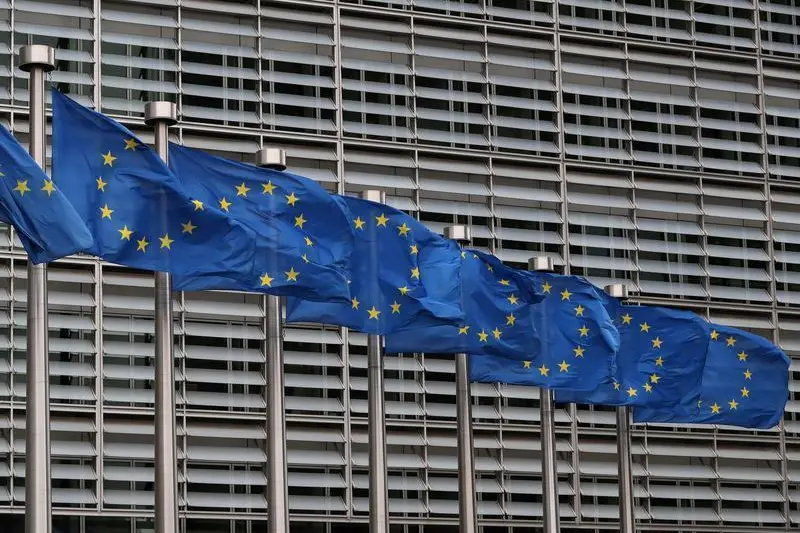PHOTO
BRUSSELS - The European Union's executive is on track to unblocking billions of euros in funds for Hungary this year after Prime Minister Viktor Orban bowed to pressure from the bloc over democratic checks and balances, EU sources said.
At stake is up to 14.7 billion euros ($15.3 billion), or nearly 10% of Hungary's estimated 2022 GDP, with any approval conditional on Orban continuing to improve the independence of the judiciary and anti-corruption safeguards, the sources said.
They noted a sense of pride at the European Commission for winning what they see as major concessions from Orban now that Hungary's ailing economy has forced the self-styled illiberal crusader to seek an accommodation with the EU.
Distrust of Orban has been running high in Brussels after bitter run-ins during his 12 years in power over the rights of gays and migrants in Hungary, as well as tightening state controls over NGOs, academics, the courts and media.
"They will get the money, but not without some serious conditions," a senior EU official said, speaking on condition of anonymity as they had not been authorised to speak publicly about the matter.
The Hungarian forint jumped to 411.50 from 414 against the euro on the news of the expected approval of the funding.
The next decision on the matter from the Commission is currently expected as soon as Nov.29, delayed from Nov.22 planned earlier, according to the sources.
"Money is what makes things move," said another EU official.
The Commission has so far blocked 7.2 billion euros earmarked for Hungary from the bloc's stimulus fund to help economies heal from the COVID-19 pandemic, citing damage to judicial independence in the ex-communist country.
In September, it also recommended suspending a further 7.5 billion euros, or 65% of development funds envisaged for Hungary in the coming years, over corruption.
Orban's nationalist government has since promised 17 reforms to improve its anti-graft framework.
PRESSURE
Questions remain over implementation and what actual effect these changes will have in the longer run. But the promised reforms mark a change from years when, according to rights watchdog groups, Orban had channelled EU funds to his close associates, enriching them and ensuring their loyalty.
Hungary had irregularities in nearly 4% of EU funds spending in 2015-19, according to the bloc's anti-fraud agency OLAF, by far the worst result among the 27 EU member states. Orban says Hungary is no more corrupt than others in the bloc.
The Commission's conditional approval of billions worth of funds for Hungary would hinge on continued compliance with democracy standards, according to the sources, meaning Brussels could stop transferring tranches of money again in the future.
Additionally, for the COVID recovery funds, the Commission is likely to change its recommendation to member states and lower from 65% the share of development funds to be suspended, according to the sources.
European affairs ministers of the bloc's member countries will discuss Hungary's democratic track record in Brussels on Friday, but make no decisions yet.
Eyes will be on whether the mood music is turning in Orban's favour, especially with Italy's new right-wing prime minister, Giorgia Meloni, who in the past sided with Budapest in its feuds with the EU over the rule of law.
Raising the stakes further, Hungary has blocked some unrelated EU decisions, from a minimum global corporate tax to 18 billion euros of planned support for war-torn Ukraine.
Some EU lawmakers warned against easing pressure too easily after the European Parliament declared Hungary was no longer a full democracy but a "hybrid regime of electoral autocracy."
"They are going to give the money," Gwendoline Delbos-Corfield, a Green French lawmaker, said of decisions she expected from the Commission and EU member states.
"On paper, some of these measures (offered by Hungary) are good. But it needs monitoring and levels of pressure, not just for next year but for a few years ahead."
($1 = 0.9632 euros)
(Reporting by Gabriela Baczynska and Jan Strupczewski, editing by Mark Heinrich)





















